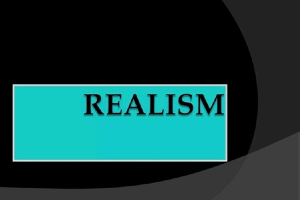Importers and exporters in the country are enraged about moves by the government through the Ministry of Finance, to impose another levy on imports through a Tax Stamp Levy which the ministry is planning to implement soon.
The importers are, therefore, planning a mammoth demonstration on February 25, 2016 to halt its implementation.
The Executive Secretary of the Importers and Exporters Association of Ghana, Samson Asaki, told The Finder that importers become an easy prey for the government each time it seeks to impose new taxes.
He said minutes intercepted from a meeting held by the Ministry of Finance on December 21, 2015 indicated the plans to add the Tax Stamp to the already crippling charges importers in the country are paying.
When implemented, companies that are manufacturing in Ghana would be required to place a special stamp to be provided by the Ghana Revenue Authority on all their products.
“For example, if Accra Brewery is producing about 25,000 bottles an hour, they would want to affix a stamp on each bottle,” he said.
For importers, after paying the required duties and clearing the cargo at the port, the stamps will have to be placed on every single item, and the importer will bear the cost.
“If your imported goods are cartoons of drinks, for example, they would have to open each carton and put a stamp on each bottle,” he explained.
Mr Samson Asaki explained that importers are already reeling under the numerous taxes the government has introduced over the past few months, and any new addition will totally collapse the industry.
He mentioned that when transport fares went up recently, it gravely affected importers, who had to pay more to get their goods out of the port to their various destinations.
He recalled that on February 1, 2016, government began the full implementation of a new tariff called Common External Tariff (CET), a thing many importers have kicked against.
The importers claim that unlike their counterparts in neighbouring countries such as Togo, Benin and Cote d’Ivoire, whose governments have maintained lower duty rates for most goods, the duties for similar goods have rather shot up astronomically in the case of Ghana, in spite of the prevailing economic conditions.
For instance, the importers argue the import duties for most frozen products have increased from 25% to 35%, making a cumulative 55% tax on the product aside other cost elements.
They also point to the fact that while ECOWAS import duty on rice is now 10% in Cote d’Ivoire, it is 20% in Ghana.
Business News of Wednesday, 17 February 2016
Source: The Finder













